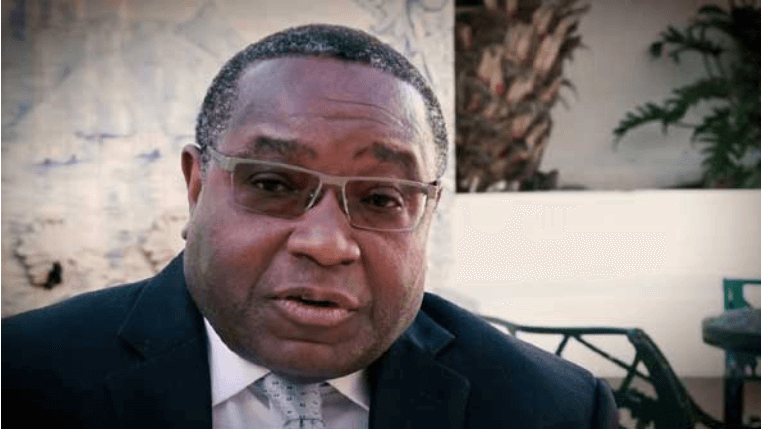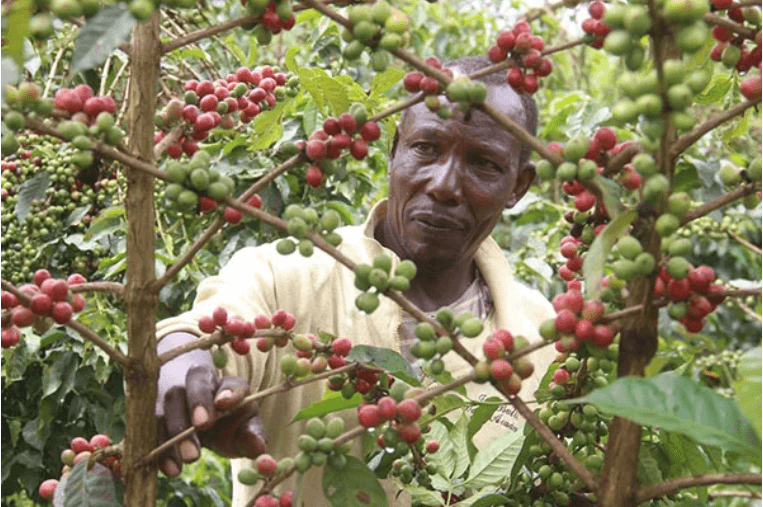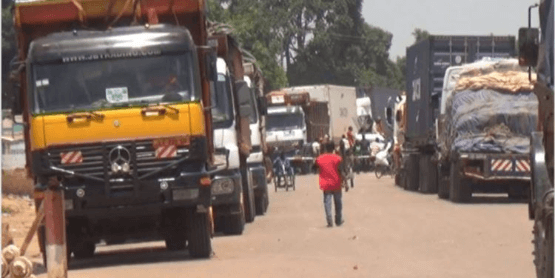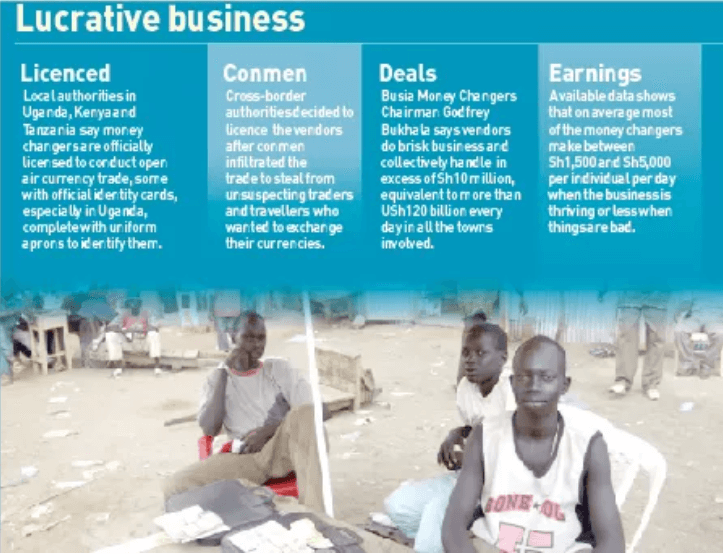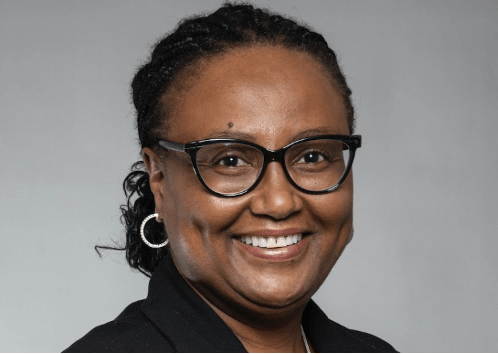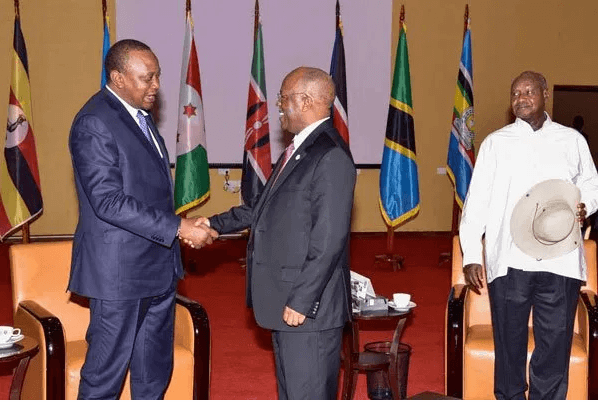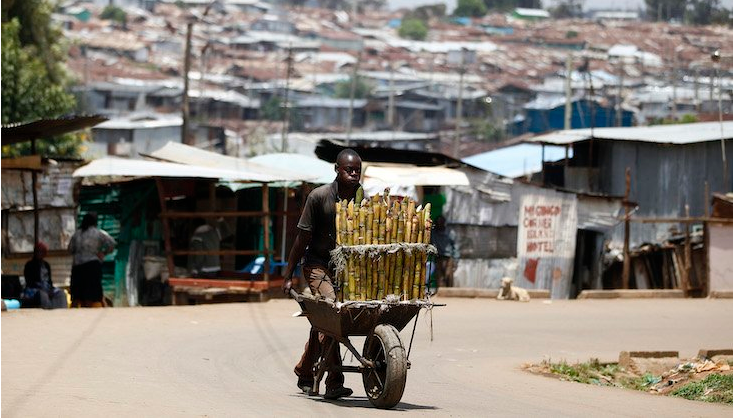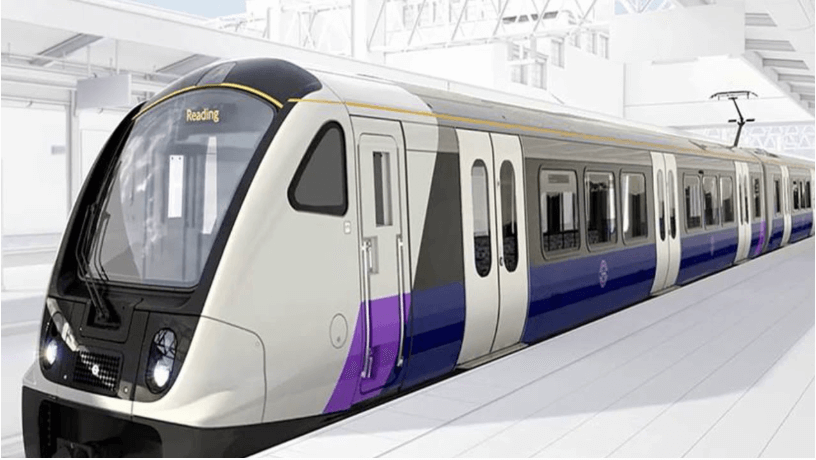Arusha. The secretariat of the African Continental Free Trade Area (AfCFTA) will be operationalised in March, next year. The agreement came into force on May 30, this year, after it was ratified by the required 22 African Union (AU) countries. This was revealed here on Monday at the start of a symposium on the trade agreement which attracted scholars and experts from across the continent. The secretariat of the intra-African trade body will be established in Accra, Ghana as appointment of the secretary general is underway. “Structure and budget of the secretariat has been approved”, said Dr. David Luke, the coordinator of the African Trade Policy Centre based in Addis Ababa. He said it has been proposed that AfCFTA establish office in each state party; countries which have signed and ratified the agreement. Source: The Citizen
Intra-African trade body to start work
Posted on: November 15, 2019
Posted on: November 15, 2019

